Services
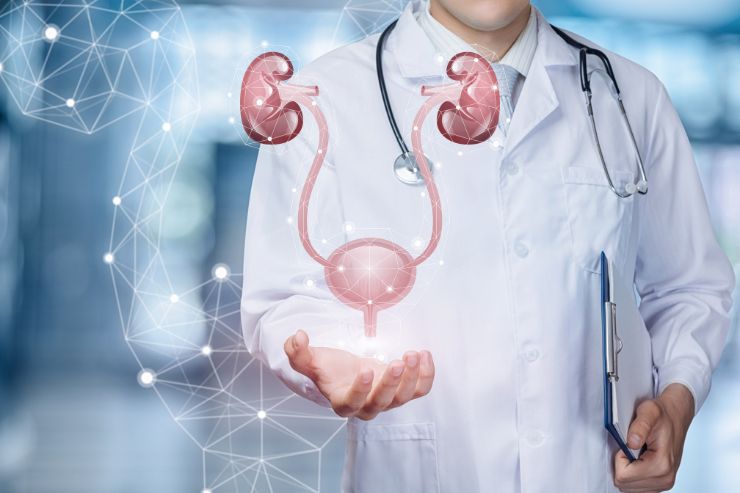
Urinary Tract Infections
Urinary Tract Infections (UTIs) are common bacterial infections affecting the bladder, kidneys, or urethra. Symptoms include frequent urination, pain or burning sensation during urination, and cloudy or foul-smelling urine. Treatment typically involves antibiotics prescribed by a healthcare provider. Preventive measures include staying hydrated and practicing good hygiene habits.

Kidney Stones
Kidney stones are solid deposits of minerals and salts that form inside the kidneys. They can vary in size and may cause severe pain in the abdomen, side, or back, along with symptoms like blood in urine and nausea. Treatment options range from pain management and medication to surgical procedures depending on the size and location of the stones.
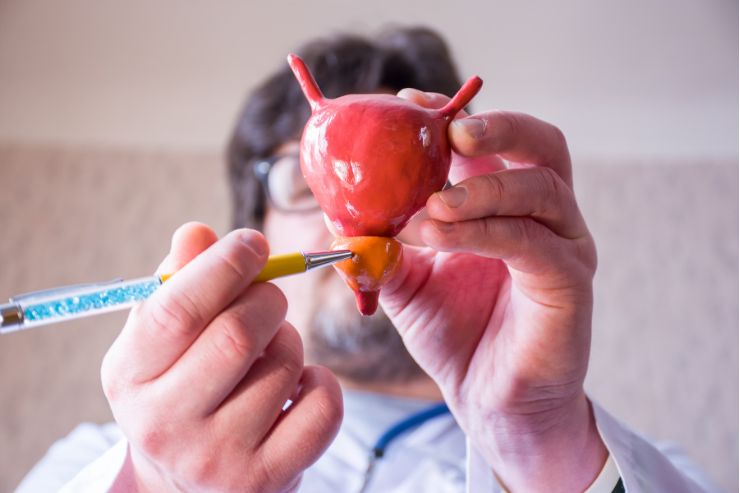
Benign Prostatic Hyperplasia
Benign Prostatic Hyperplasia (BPH) is a non-cancerous enlargement of the prostate gland, commonly affecting older men. Symptoms include frequent or urgent need to urinate, difficulty starting or maintaining urination, and incomplete bladder emptying. Treatment options range from medications to surgical procedures aimed at reducing symptoms and improving urinary flow.

Prostate Cancer
Prostate cancer is a type of cancer that develops in the prostate gland, typically affecting older men. Symptoms may include difficulty urinating, blood in the urine or semen, erectile dysfunction, and discomfort in the pelvic area. Diagnosis involves PSA blood tests, digital rectal exams, and biopsies. Treatment options include surgery, radiation therapy, hormone therapy, chemotherapy, and active surveillance, depending on the stage and aggressiveness of the cancer.
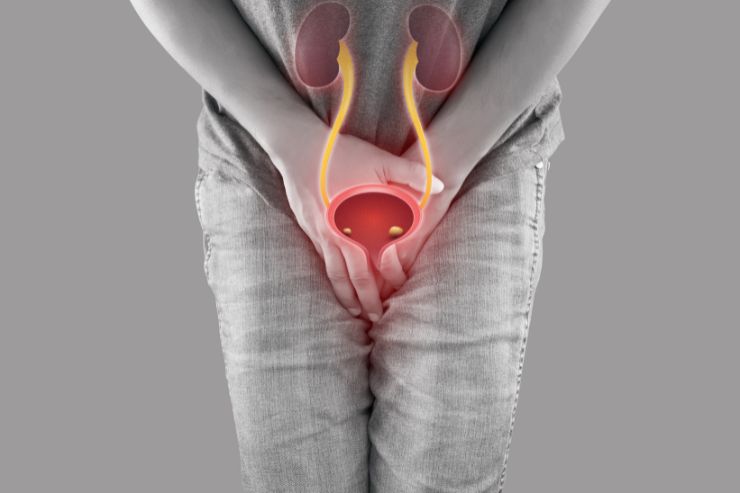
Urinary Incontinence
Urinary incontinence refers to the involuntary leakage of urine, a common condition that can affect people of all ages but is more prevalent among older adults and women. Types include stress, urge, and overflow incontinence, as well as mixed forms. Causes vary from weakened pelvic floor muscles to neurological conditions or prostate issues in men. Management options include lifestyle changes, pelvic floor exercises, medications, and in severe cases, surgery.
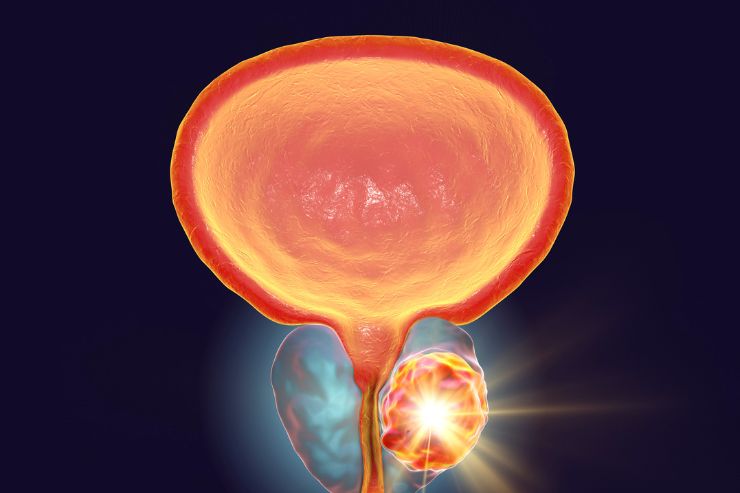
Bladder Cancer
Bladder cancer originates in the cells lining the bladder. Symptoms may include blood in urine, frequent urination, pain during urination, and lower back pain. Diagnosis involves tests such as cystoscopy and imaging scans. Treatment options include surgery, chemotherapy, immunotherapy, and radiation therapy, depending on the cancer's stage and type. Regular monitoring and early detection are crucial for effective management.
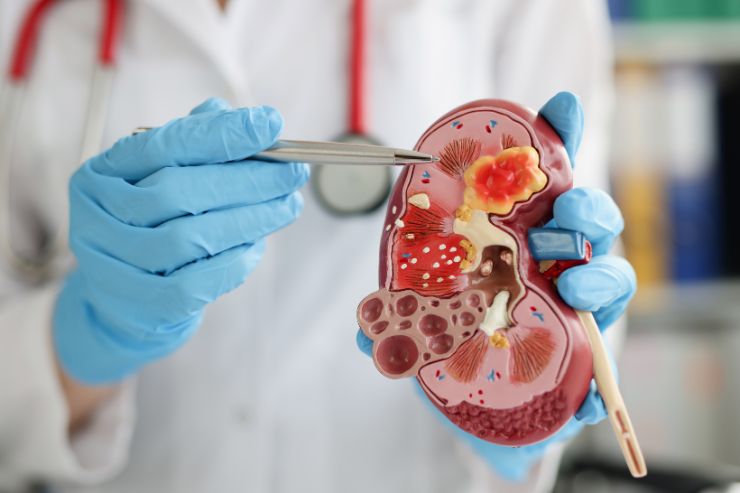
Hydronephrosis
Hydronephrosis is a condition where one or both kidneys swell due to urine buildup, often caused by a blockage in the urinary tract. Symptoms may include pain in the abdomen or side, nausea, and frequent urination. Treatment depends on the underlying cause and severity, ranging from medications to surgery to relieve the blockage and restore normal kidney function.

Overactive Bladder
Overactive bladder (OAB) is a condition characterized by a sudden, urgent need to urinate, often accompanied by frequency and sometimes urinary incontinence. It can significantly impact daily life and quality of sleep. Causes include neurological conditions, bladder irritation, or changes in bladder muscle function.
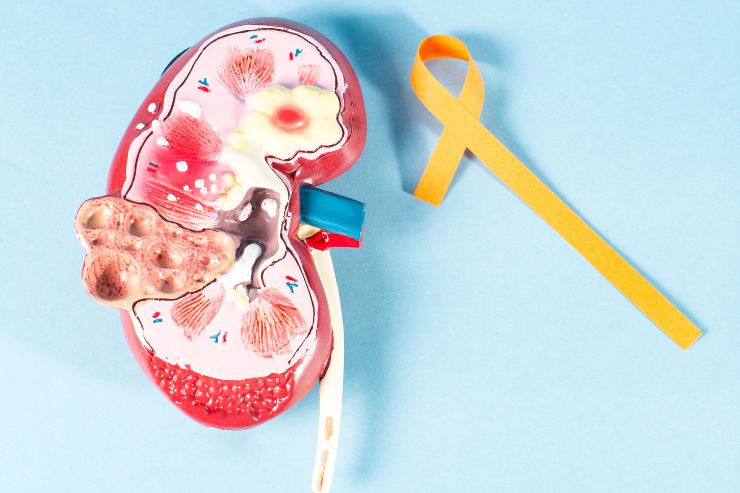
Kidney Cancer
Kidney cancer, also known as renal cancer, develops in the kidneys' cells and is often detected in its early stages through imaging tests. Symptoms may include blood in urine, persistent back pain, weight loss, and fatigue. Treatment options depend on the cancer's stage and include surgery, radiation therapy, targeted therapy, immunotherapy, and sometimes chemotherapy.
